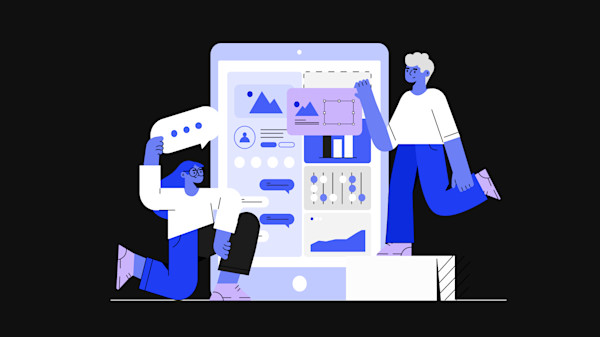Related Articles

Unveiling the True Nearshore Charm for Software Development
In today's globalized business landscape, companies are constantly seeking cost-effective and efficient ways to meet their software development and IT staffing needs. Nearshore servicing has emerged as a popular option, particularly in Latin America, for businesses looking to access top-notch talent that operates in the same time zones as the Pacific and Eastern United States. However, some argue that nearshore servicing in Latin America, with synchronized time zones, is no different from having someone located in tech hubs like the Bay Area or Austin. In this article, we'll explore this argument and shed light on the key considerations that make nearshore servicing a compelling choice.

Lessons learned while creating a company blog
If you're wondering what took us so long, the short answer is we wanted to do it right. We've also been working behind the scenes to devise a structured approach to content creation, ensuring that what we publish serves our clients—businesses that need software development support and the top-tier people they hire. And in that spirit, we're excited to share what we learned during the blog development process. Our design and product and development teams worked closely together for five months, and along the way, they learned lessons about process, communication, and what tools make everyone's lives easier. We chatted with Roger from our development team and Micaela from our design team to get their take on the project.